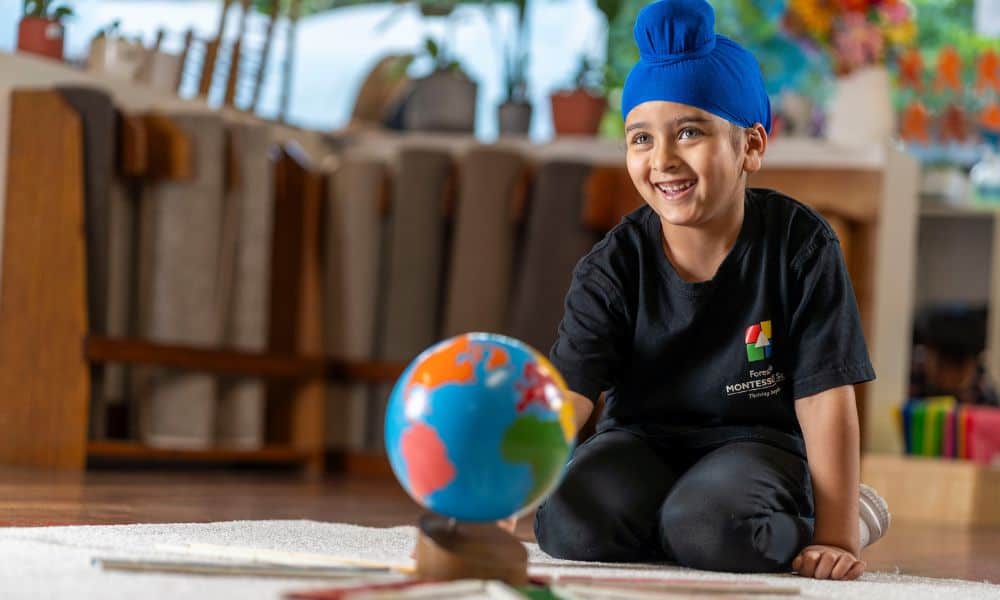
Recently we’ve been sharing elements of the Montessori learning journey, and how we assess learning as our students’ progress. This week, we take a closer look at what your children learn in their Montessori classroom, specifically in the primary school years. “They have already absorbed the immediate environment and the restricted society they and their families have dealings with. You must try to give the child what he now longs…
Read More









